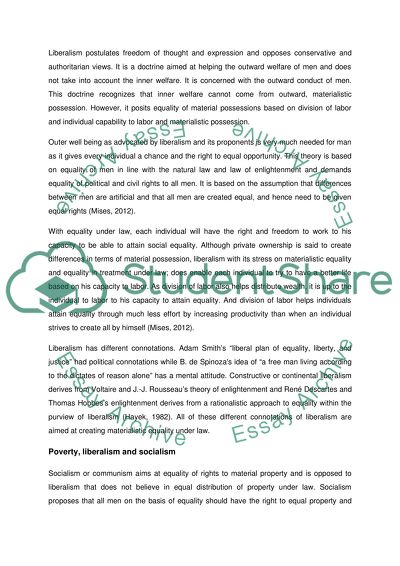Cite this document
(Qualifying Exam Theories Essay Example | Topics and Well Written Essays - 1750 words, n.d.)
Qualifying Exam Theories Essay Example | Topics and Well Written Essays - 1750 words. https://studentshare.org/politics/1598582-qualifying-exam-theories
Qualifying Exam Theories Essay Example | Topics and Well Written Essays - 1750 words. https://studentshare.org/politics/1598582-qualifying-exam-theories
(Qualifying Exam Theories Essay Example | Topics and Well Written Essays - 1750 Words)
Qualifying Exam Theories Essay Example | Topics and Well Written Essays - 1750 Words. https://studentshare.org/politics/1598582-qualifying-exam-theories.
Qualifying Exam Theories Essay Example | Topics and Well Written Essays - 1750 Words. https://studentshare.org/politics/1598582-qualifying-exam-theories.
“Qualifying Exam Theories Essay Example | Topics and Well Written Essays - 1750 Words”. https://studentshare.org/politics/1598582-qualifying-exam-theories.


